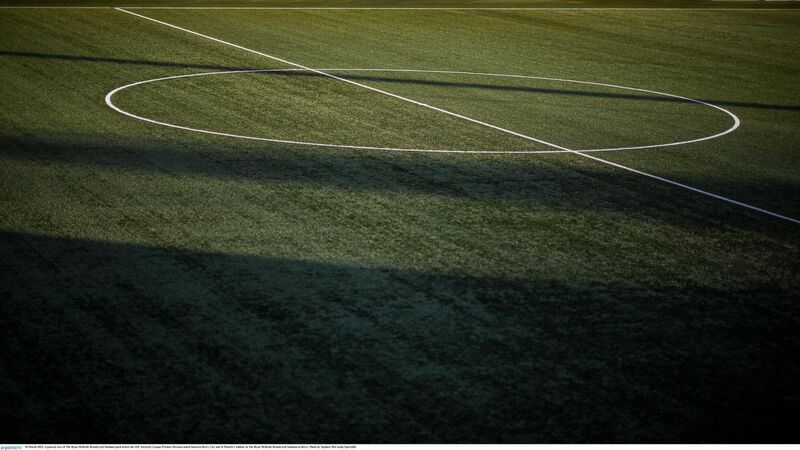Ian Mallon: Ireland has spent €500m in plastic pitches that will be outlawed in 2023

CHANGES INCOMING? A general view of an astro turf pitch. Pic: Stephen McCarthy/Sportsfile
IT MAY not look that threatening, but the European Commission’s ‘Amendment to Annex XXX No 1907/2006’ has the potential to be the most devastating piece of legislation to affect Irish sport.
The amended EU Act will be approved by the European Commission in 2023 and will force the banning of plastics used in up to 2,500 artificial pitches across the country, and tens of thousands of surfaces in the EU.









